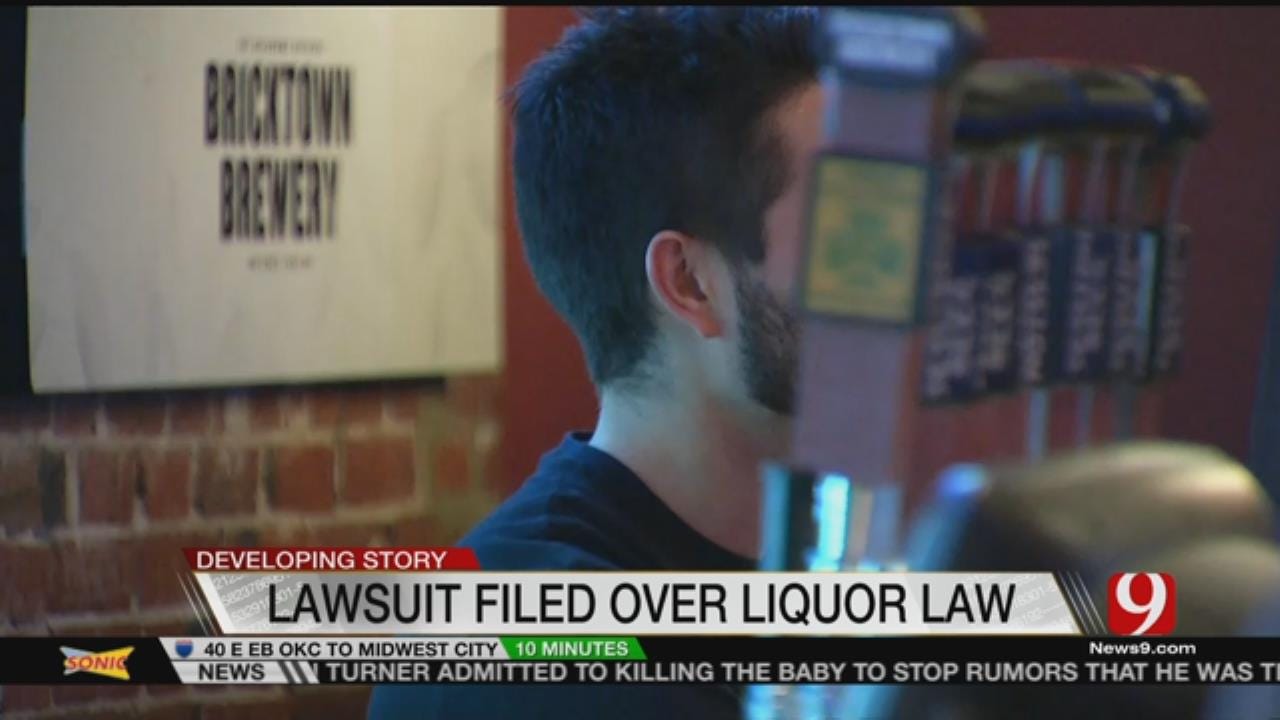Retail Liquor Association Of Oklahoma Files Lawsuit Against ABLE Commission
<p>The Retail Liquor Association of Oklahoma has filed a lawsuit against the ABLE Commission, stating State Question 792 is unconstitutional.</p>Monday, December 19th 2016, 6:32 pm
The Retail Liquor Association filed a lawsuit Monday against the Alcoholic Beverages Law Enforcement Commission.
The passage of state question 792 last month allows the sale of full strength beer and wine in grocery and convenience stores. The lawsuit was filed in the Oklahoma County District Court.
Many who support 792 say Oklahoma’s current alcohol and liquor laws are outdated. For instance, beer sales in grocery stores right now in the state are limited to drinks with a 3.2 or less alcohol content.
Currently, only licensed package liquor stores can sell wine and strong beer. Liquor store operators claim the new measure is unconstitutional, saying it could force hundreds of retail package stores to close.
11/9/2016 Related Story: Oklahomans Pass SQ 792, But Opponents Are Already Talking Challenge
Association president Bryan Kerr released the following statement Monday evening:
The Retail Liquor Association of Oklahoma (RLAO) filed suit today to stop the implementation of the Walmart-backed plan to update Oklahoma’s liquor laws.
"We believe that SQ 792 violates the U.S. Constitution by giving preferential treatment to grocery stores, convenience stores and other out-of-state businesses over locally-owned retail package stores.
"We maintain that the majority of Oklahomans were hoodwinked into voting for this ill-conceived law by a slick multi-million dollar ad campaign filled with half-truths and outright lies that promised economic growth which would never be realized. We also believe SQ 792 would result in higher prices and reduced selection for the drinking consumer in Oklahoma.
"Since this law would not take effect until October of 2018, the legislature still has time to present Oklahomans with reasonable reform to our alcohol laws. We look forward to working with the public, the legislature and all other interested parties who desire to update our alcohol laws sensibly; with respect for both economic fairness and public safety.
If the law moves forward unchallenged, it won’t go into effect until 2018.
More Like This
December 19th, 2016
January 2nd, 2025
Top Headlines
June 12th, 2025
June 12th, 2025
June 12th, 2025









